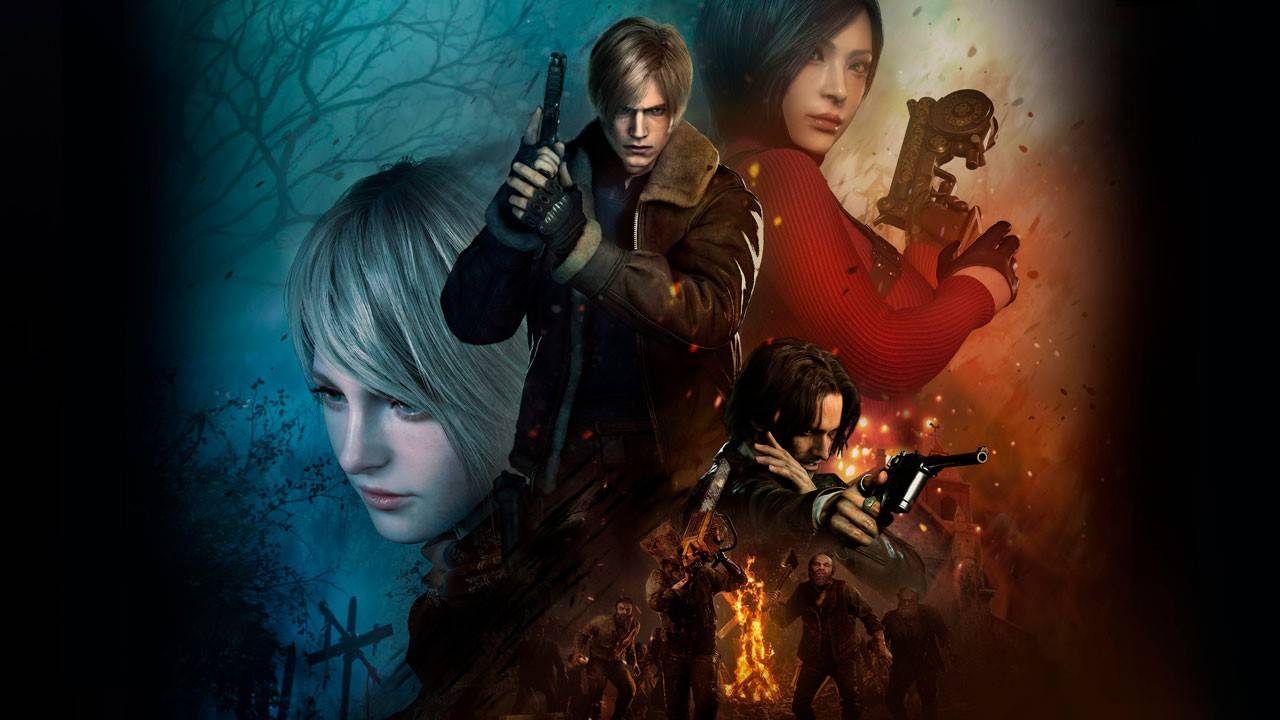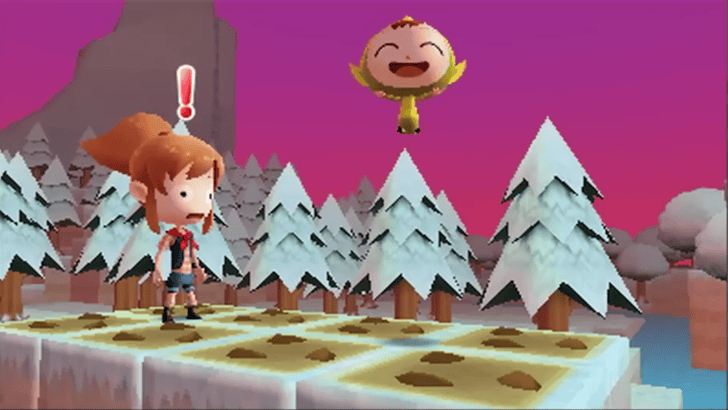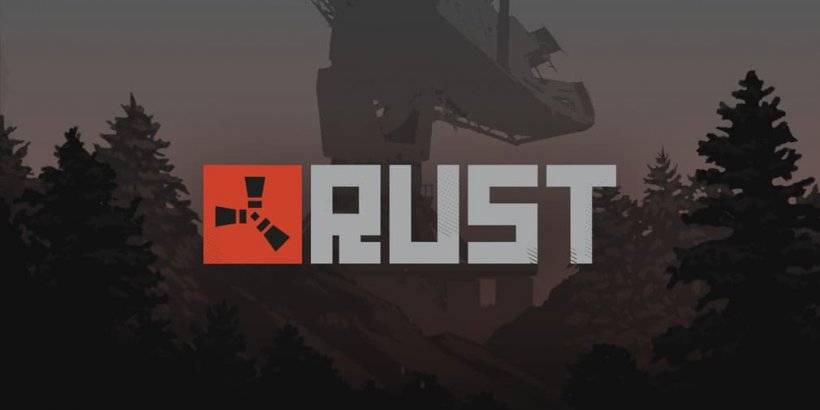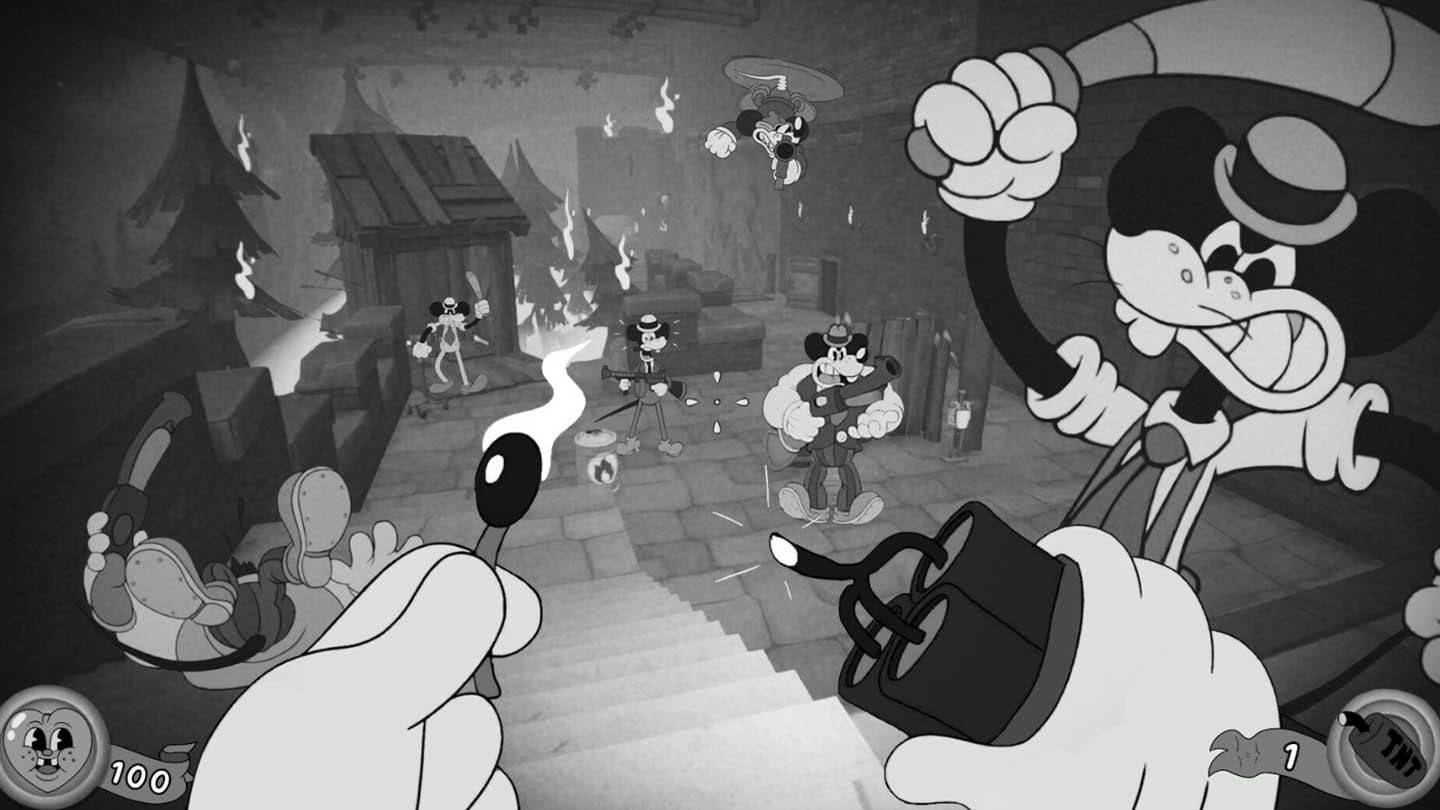Author: OwenReading:3

Yasuhiro Anpo, the director behind the acclaimed remakes of Resident Evil 2 and Resident Evil 4, shared insights into the decision-making process that led to the revival of the 1998 classic. Anpo noted, "We realized: people really want this to happen," reflecting the strong fan demand that spurred the project. This sentiment was echoed by producer Hirabayashi, who decisively stated, "Alright, we'll do it," marking the beginning of the Resident Evil 2 remake.
Initially, the team debated starting with Resident Evil 4, a game lauded for its near perfection. However, they recognized the risks associated with altering such a highly praised title. Instead, they chose to focus on the earlier Resident Evil 2, which, despite its cult status, needed significant modernization to meet contemporary gaming standards. In their efforts, the developers even delved into fan projects to gain a deeper understanding of what the community desired from the remake.
Despite the enthusiasm within Capcom, the decision to remake these classics was met with skepticism from some fans, particularly regarding Resident Evil 4. Many argued that, unlike its predecessors, RE4 did not require an update. Released in 2005, Resident Evil 4 revolutionized the survival horror genre, and its gameplay and narrative were seen as timeless. Yet, the eventual remake of Resident Evil 4 managed to retain the essence of the original while enhancing both the gameplay and story elements significantly.
The commercial success and overwhelmingly positive critical reception of these remakes affirmed Capcom's strategy. It demonstrated that even a game considered nearly untouchable could be successfully reimagined, balancing respect for the original with innovative enhancements.

 LATEST ARTICLES
LATEST ARTICLES 












